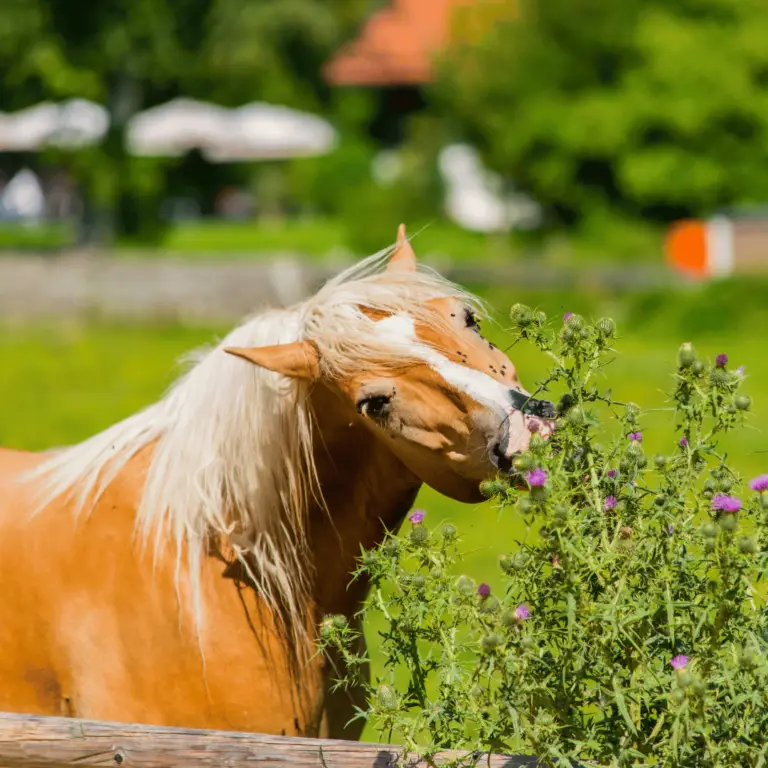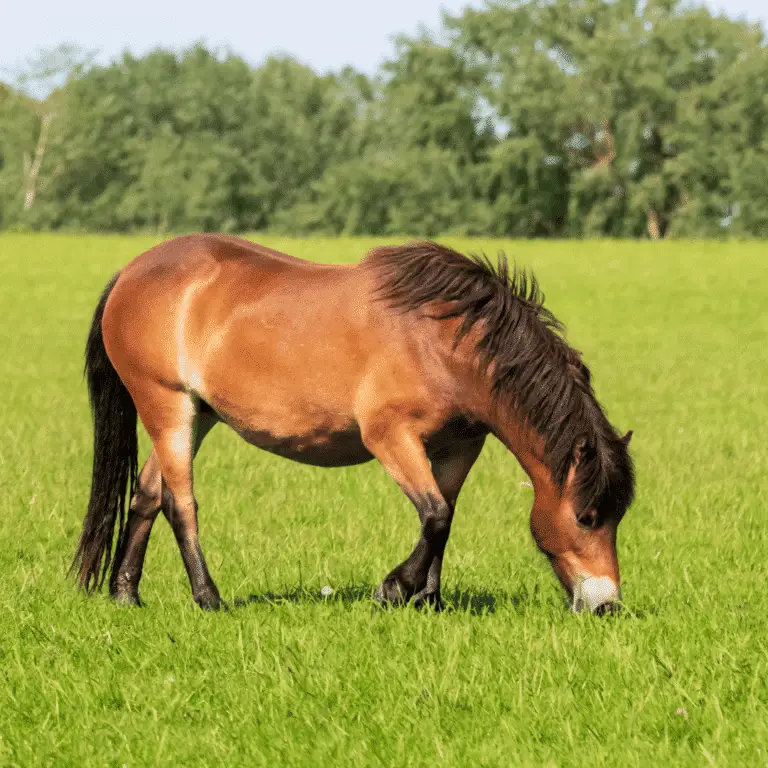Whether you’re a seasoned equestrian or new to horse care, understanding the symptoms, treatments, and prevention strategies for poisoning incidents is crucial for your horse’s health and safety.
Poisoning in horses can occur from various sources, including toxic plants, contaminated feed or water, and certain medications. Recognizing the signs of poisoning early can make a significant difference in your horse’s recovery. Our articles cover a wide range of toxins that can affect horses, from common poisonous plants like yew, Algae and bracken fern to chemical toxins such as pesticides and herbicides.
Each article explores the symptoms associated with different types of poisoning, emergency treatments, and practical tips for preventing exposure. Whether you’re looking for advice on pasture management, identifying potentially harmful plants, or seeking guidance on when to seek veterinary assistance, we’ve got you covered.




